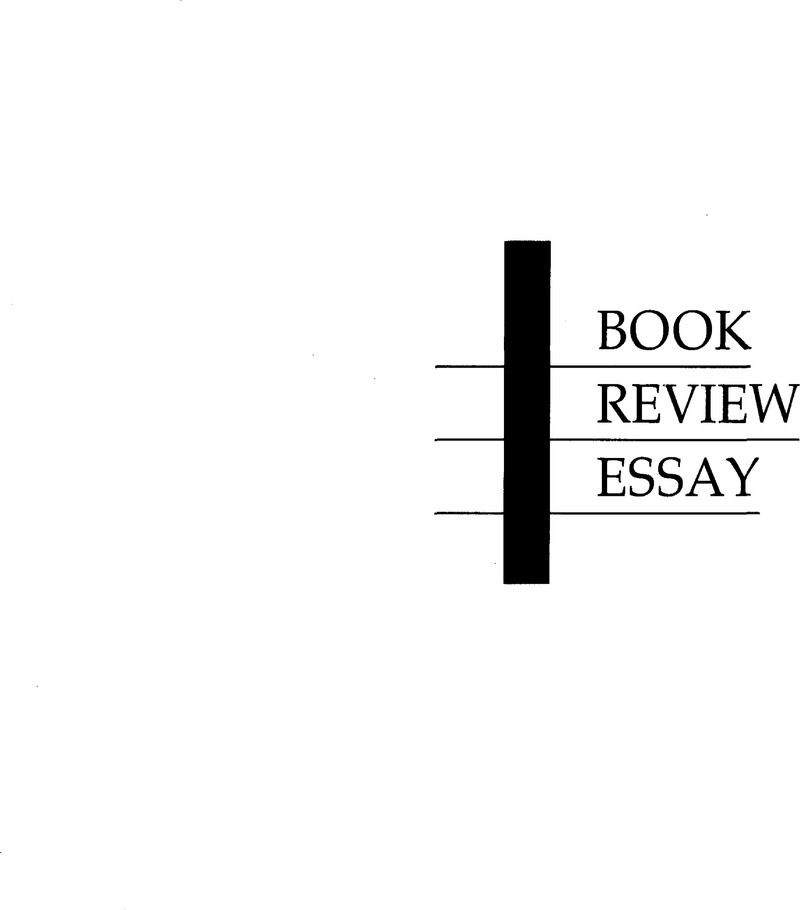No CrossRef data available.
Article contents
Collective Wisdom
Review products
Published online by Cambridge University Press: 02 September 2013
Abstract

- Type
- Review Article
- Information
- Copyright
- Copyright © American Political Science Association 1992
References
Notes
The credit for beginning this train of thought goes to Helen Ingram, who, as Book Review Editor, recognized almost at once upon receipt of them what the books had in common.
1. Hirschman's starting assumption was that in each of the three stages, and not merely the last of them, the initial thrust to extend the rights of citizenship was followed by “ideological counterthrusts of extraordinary force” (p. 3). T. H. Marshall, whose scheme Hirschman followed, hypothesized sturdy resistance to the initial movements for reform but eventual triumph for all three; Ralf Dahrendorf claimed the battle was never won in the third phase.
2. Sheldon Wolin, The Presence of the Past (Baltimore: Johns Hopkins University Press, 1989). 1. See also his Politics and Vision (Boston: Little, Brown, 1960) Harvard president Derek Bok has expressed doubts that universities and scholars are doing enough to develop and bring into play, in their own work and teaching, “a strong sense of civic responsibility, ethical awareness, and concern for the interests of others” (quoted by Donald L. Langenberg, 362) Universities and the Future of America (Durham: Duke University Press, 1990, 7).
3. “Science, Slogans, and Civic Duty,” Science Magazine, 19 April 1991, pp. 361-63. Langenberg is chairman of the board of directors of the American Association for the Advancement of Science.
4. The applicability of the argument to social scientists is further indicated by the number of issues on Langenberg's list of 25 “slogans” (shorthand symbols symbolizing the issues) that are of obvious interest to them, including scientific freedom and integrity, “Set scientific priorities,” “Save the environment,” the information age, science literacy, educational reform, “Politically correct,” multiculturalism, “No new taxes,” and others.




